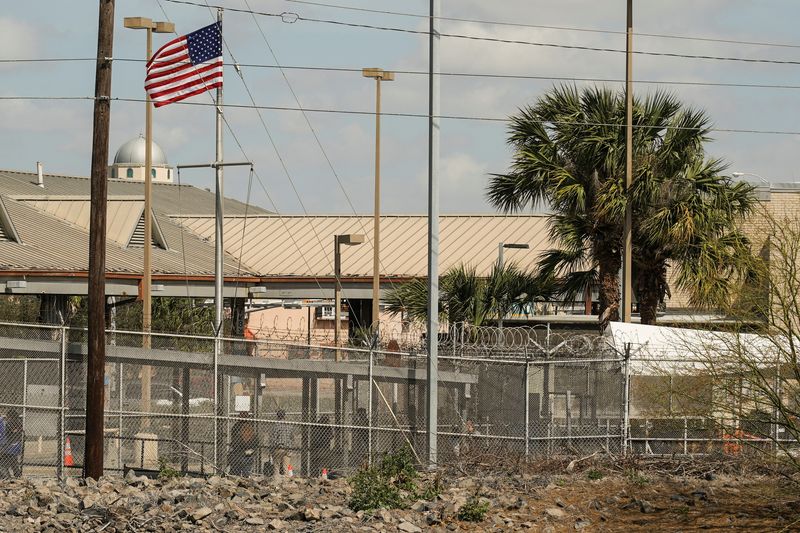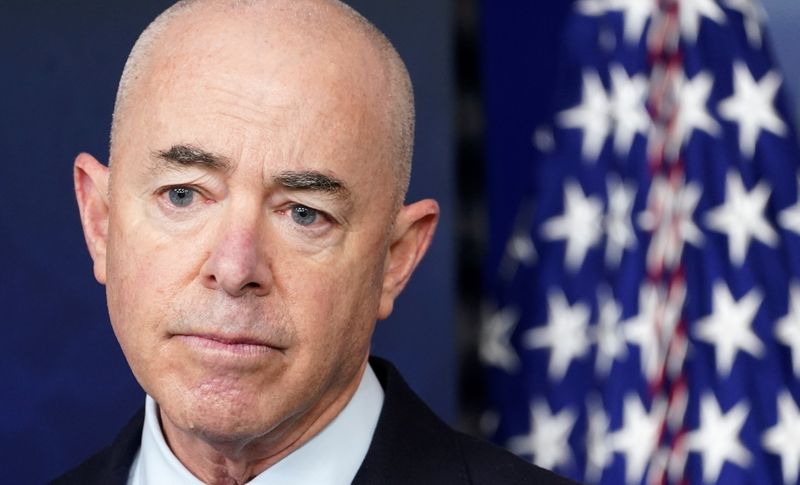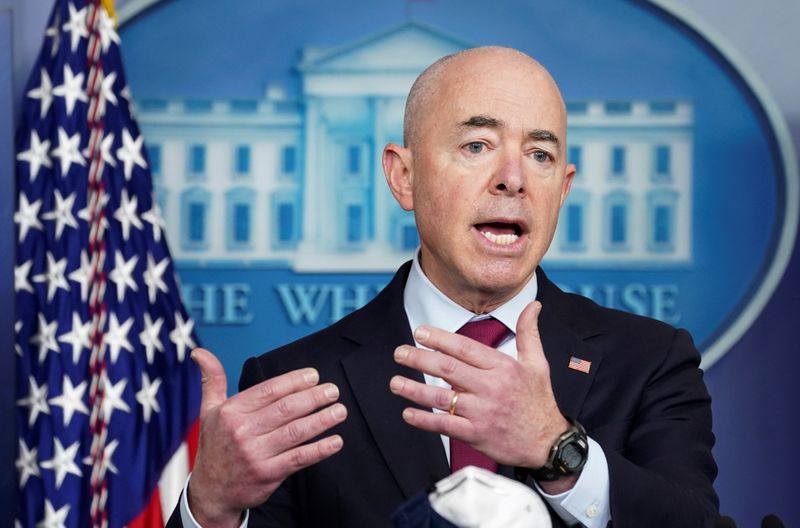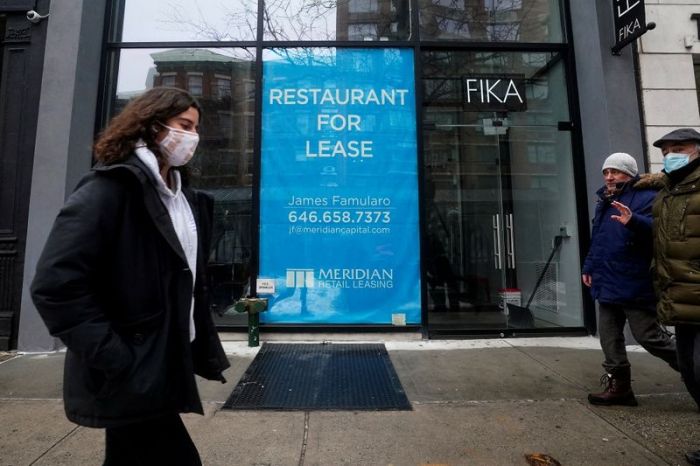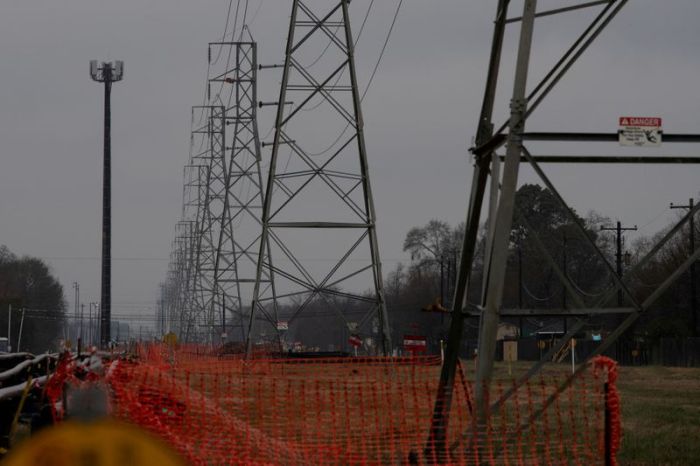WASHINGTON (Reuters) – The United States could help pay for transportation, healthcare, legal services, and career and educational programs for migrant families separated under former President Donald Trump’s “zero tolerance” border strategy, the U.S. Department of Homeland Security (DHS) said on Monday.
The administration of U.S. President Joe Biden outlined guidance for its family reunification task force as it seeks to reunite migrant children and parents separated by Trump’s border policy. The costs could also be covered by non-profit organizations and the private sector, but not the migrant families, DHS said in a press statement.
Thousands of children were separated from their parents at the border under Trump’s “zero tolerance” policy, which charged parents with federal immigration offenses and sent them to jails while children were labeled “unaccompanied” and placed in shelters. But advocates say border officials separated families both before and after that policy was in place.
Some families have already been reunited as part of litigation challenging the separations, while other families remain apart, including some whose parents were deported. Efforts are still ongoing in court to locate the parents of more than 500 separated children.
The Biden administration has said it will consider bringing deported parents back to the United States, an option outlined in a Feb. 2 executive order, which created the family reunification task force.
Michelle Brane, who most recently worked as a senior director with the New York City-based Women’s Refugee Commission, will be the executive director of task force.
The numbers of children and families arriving at the U.S.-Mexico border have risen in recent months and Biden, who took office on Jan. 20, has faced criticism from Trump and other Republicans for rolling back hardline border policies.
INCREASED BORDER PATROL
U.S. Customs and Border Protection (CBP) said Monday it was deploying additional Border Patrol agents to the Rio Grande Valley in South Texas “due to fluctuations along the southwest border.”
U.S. officials have been releasing migrant families from CBP custody to shelters in the region since late January after Mexican authorities in the state of Tamaulipas stopped accepting some migrants the U.S. expelled under a public health order.
A CBP official who requested anonymity to discuss internal operations told Reuters that several hundred agents would deploy from coastal regions and northern borders. CBP declined to answer questions about how many agents it planned to send and when it would deploy them.
Biden moved to quickly rescind several of Trump’s restrictive immigration policies, including parts of the U.S. public health order that allowed officials to rapidly expel unaccompanied minors caught at the U.S.-Mexico border. Last week, the administration said it opened a temporary shelter for minors in Texas that was used during the Trump presidency and is taking steps to speed up releases of the children to sponsors.
At a press briefing at the White House on Monday, DHS Secretary Alejandro Mayorkas argued the United States is not experiencing a crisis at the border, instead calling the situation “a challenge … that we are managing.”
The Biden administration is considering placing personnel from the U.S. Department of Health and Human Services in Border Patrol stations to speed up the process of finding out whether unaccompanied children have relatives in the United States, Mayorkas said.
(Reporting by Ted Hesson in Washington; Additional reporting by Alexandra Alper, Nandita Bose and Susan Heavey in Washington and Mimi Dwyer in Los Angeles; Editing by Mica Rosenberg and Aurora Ellis)

